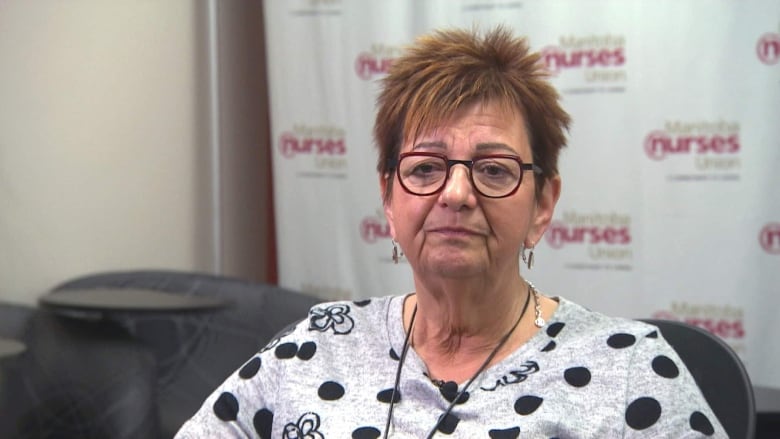ICU overcapacity problems at Children’s Hospital unsustainable, nurses union says | CBC News

[ad_1]
The intensive care unit at Winnipeg’s Children’s Hospital almost doubled its capacity ahead of the weekend as the seasonal spike in respiratory illnesses pushes the health-care facility to its limits.
Shared Health said in a statement Sunday there were 19 pediatric patients receiving intensive care in the facility — located in the city’s Health Science Centre — as of Friday midnight. The unit’s baseline capacity is 12 patients.
A 10-patient overflow unit had to be opened on Wednesday because the hospitals in-patient units were full or almost full.
The union that represents the province’s nurses told CBC News Sunday the situation is unsustainable.
“We are seeing so many people right now who have a very, very bad viral respiratory illness. That is really taking a toll on our system,” said Manitoba Nurses Union president Darlene Jackson.
“We’re seeing lots and lots of kids … on a ventilator and needing lots and lots of care. So, really high-needs care out there and a critical shortage of nurses — it doesn’t make a good scenario.”

An average of 125.9 patients visited the pediatric emergency department over the past month, though Shared Health said that’s within the normal range for this time of the year.
The health authority said staffing moves were made earlier this winter to respond to the challenges.
“Nurses and allied health professionals are also picking up shifts as extenders to help,” a spokesperson for Shared Health said. “Many experienced nurses from inpatient units have been regularly used as float staff – allowing them to use their skill sets in the PICU.”
Nurses used like chess pieces, union president says
Jackson said nurses all over the health-care system are being mandated to do overtime or asked to pick up 15 or 16-hour shifts to address gaps in capacity.
She said some who are being redeployed as extenders — which assist nurses providing care — often end up doing that job up for long spells, up to four months at a time.
Jackson said they often are assigned to do work they’re not particularly trained for.
“Those extenders end up being assigned patients and actually having a patient load in those units, which is extremely scary for nurses. If you’ve never worked in an ICU and suddenly you’re in there to help … it is extremely worrying,” Jackson said.
“We have lots and lots of nurses that have been sort of used like chess pieces, just moved around the system wherever they’re needed, which again is not something that nurses appreciate.”
Jackson said she would like to see retention initiatives to prevent nurses quitting the profession or joining private nursing agencies from leaving the system.
[ad_2]